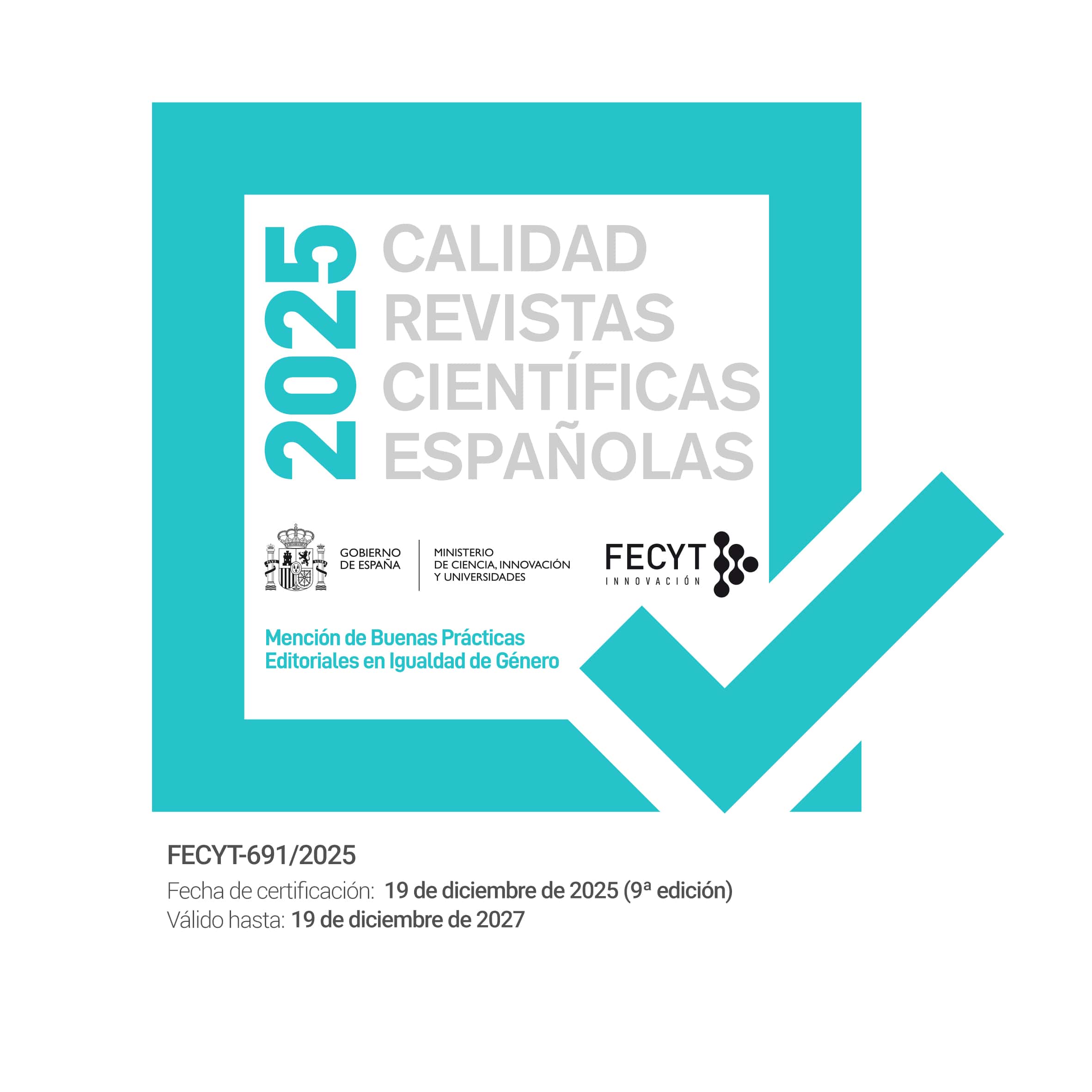Política de acceso abierto
The BBMP is a free and open access journal (Open Access). It provides free access to its content, under the principle that making research freely available to the public encourages a greater exchange of global knowledge, following the bases of the Berlin declaration.
The Bulletin of the Menéndez Pelayo Library declares its commitment to ethical conduct and rejection of bad practices in its editorial process, so that scientific quality standards are maintained. To do this, it adheres to the code established by the Committee on Publication Ethics [Cope] (Core Practices) (https://publicationethics.org/core-practices) and takes into account the ethical policies suggested by Elsevier (https://www. .elsevier.com/authors/journal-authors/policies-and-ethics).
Thus, it expresses its clearest rejection of plagiarism or scientific fraud in the scientific articles under evaluation, as well as redundant, overlapping or multiple publication practices, totally or partially. These assumptions will give rise to the rejection of originals and, in the case of detecting articles already published, the specific modification would be requested from the author or, in more far-reaching cases, their publication would be eliminated. The Editorial Board is exempt from the opinions expressed by the authors of the works.
The originals will be evaluated by a double blind review system (double blind peer review) and, for this, specialists in the object of the article will be used, ruling out those who may present possible conflicts of interest with the subject of the investigation. or with their authors. Those evaluations in which a reviewer alludes as an argument the need to cite their own research as an indication of quality will be rejected and, thus, a triple review will be used when the Editorial Board considers it so. The editorial decisions will be appropriate to the quality and scientific originality of the works, as well as to the journal's line and compliance with its editorial standards; In no case will there be reasons of race, ideology, gender or sexual orientation, nationality or academic affiliation.






